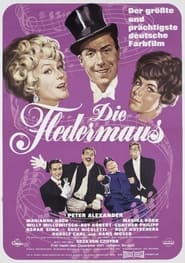detail profile ellen umlauf
Peran Yang Di Mainkan Ellen Umlauf
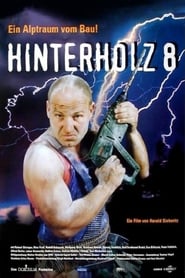 Herbert Krcal Roland Dringer and his...
Herbert Krcal Roland Dringer and his...Hinterholz 8 1998
Herbert Krcal (Roland Düringer) and his wife Margit (Nina Proll) dream of owning a home. They prefer to do this in the "Blue Lagoon", a prefabricated house park in the south of Vienna, where they regularly go on pilgrimage with their son Philipp. Just as regularly, they have to recognize the bitter truth that they cannot actually afford the dream house they have visited.
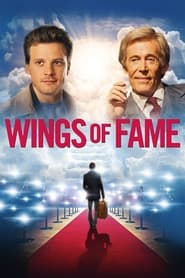 A famous movie actor claims that...
A famous movie actor claims that...Wings of Fame 1990
A famous movie actor claims that he has written a book. As result, a real author, not a very well known writer, vengefully kills him but then dies as a result of an accident. Next, they both find themselves in after-life, where souls of all famous people are gathered.
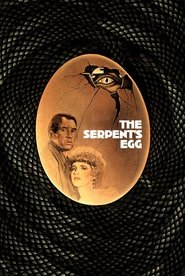 Berlin 1923 Following the suicide of his...
Berlin 1923 Following the suicide of his...The Serpent's Egg 1977
Berlin, 1923. Following the suicide of his brother, American circus acrobat Abel Rosenberg attempts to survive while facing unemployment, depression, alcoholism and the social decay of Germany during the Weimar Republic.
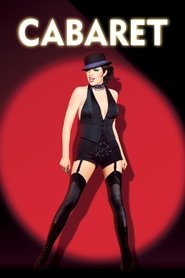 Inside the Kit Kat Club of 1931...
Inside the Kit Kat Club of 1931...Cabaret 1972
Inside the Kit Kat Club of 1931 Berlin, starry-eyed singer Sally Bowles and an impish emcee sound the clarion call to decadent fun, while outside a certain political party grows into a brutal force.
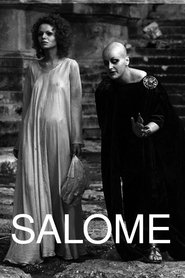 Schroeters virtuosic staging of the Oscar...
Schroeters virtuosic staging of the Oscar...Salome 1971
Schroeter's virtuosic staging of the Oscar Wilde tragedy is a complex montage of image and sound, filmed on the grand steps of Baalbeck, the ancient Roman temple in Lebanon, and interweaving Lebanese and German folk songs with the music of Verdi, Wagner, Strauss, Mozart, Bellini, and Donizetti. Elfi Mikesch, the cinematographer of Schroeter’s later films, designed the film’s sumptuous costumes. A contemporary critic for Le Monde wrote admiringly of Schroeter’s depiction of "the deadly struggle between dark Christian morality and luminous paganism.“
 Graf Porno is a real playboy...
Graf Porno is a real playboy...Graf Porno und seine Mädchen 1969
Graf Porno is a real playboy who makes money out of everything that falls into his hands. During great sex parties he puts his girls on and afterwards everything that is not nailed down is missing. Harry Holst, on the other hand, is a young man who has successfully completed a correspondence course as a private detective and is now waiting for clients...waiting and waiting.
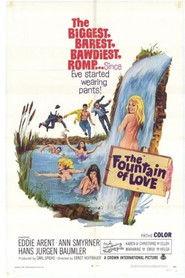 The town leaders of an Austrian...
The town leaders of an Austrian...The Fountain of Love 1966
The town leaders of an Austrian mountain village conspire to attract tourists by touting a mythical "fountain of love" that runs nearby the village. When the minister of tourism discovers this, she immediately sends her agents to check out the veracity of the potentially scandalous water. After the village mayor declares a 3-day ban on sexual activity, he then plugs up the fountain. When the agents come, they find nothing. One of the agents wants to have his boss come and check it out personally, but changes his mind after he drinks some of the water. It really is an aphrodisiac! Soon tourists are arriving by the hundreds to sample the mysterious water. Unfortunately, the minister finds out and claims the water for the state.
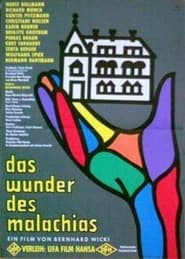 Wunderbar takes on a new meaning...
Wunderbar takes on a new meaning...The Miracle of Father Malachia 1961
"Wunderbar" takes on a new meaning in this routine satire by Bernhard Wicki about a bar that is miraculously transported by God Himself to a nearby, new location on an island. The nature of the miracle is a bit strange, but it comes in answer to Pater Malachias' prayers to get the sin-ridden place out of the center of the city. The good and naive Malachias is subtly played by Horst Bollimann. Once this miracle of relocation has occurred, the sharks and entrepreneurs, who would bilk both the faithful and the curiosity-seekers alike, crop up like an unwanted epidemic. The mercenary and the sacred clash, as many try to find deeper meaning in what has happened, and Pater Malachias starts to doubt the wisdom of his original prayer.

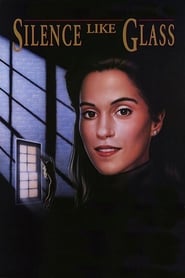 True story of two diametrically opposed...
True story of two diametrically opposed...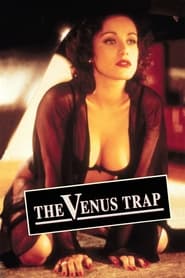 The 30years old Max is MD...
The 30years old Max is MD...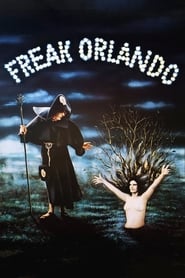 FREAK ORLANDO is divided into five...
FREAK ORLANDO is divided into five...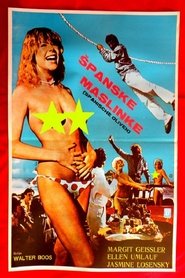 Three young friends will spend a...
Three young friends will spend a...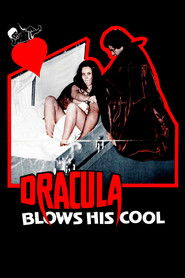 An ancestor of the famous vampire...
An ancestor of the famous vampire...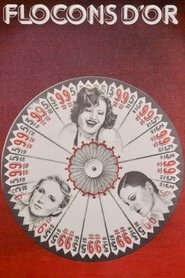 Werner Schroeters rhapsody of excess leaps...
Werner Schroeters rhapsody of excess leaps...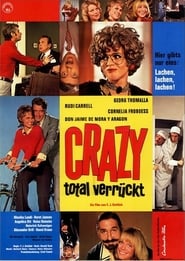 A comedy directed by Franz Josef...
A comedy directed by Franz Josef...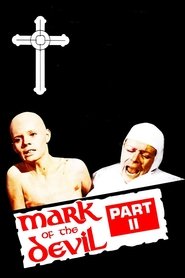 A tribunal interrogates tortures and murders...
A tribunal interrogates tortures and murders...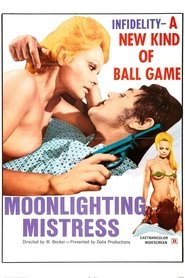 A man plans to kill his...
A man plans to kill his...